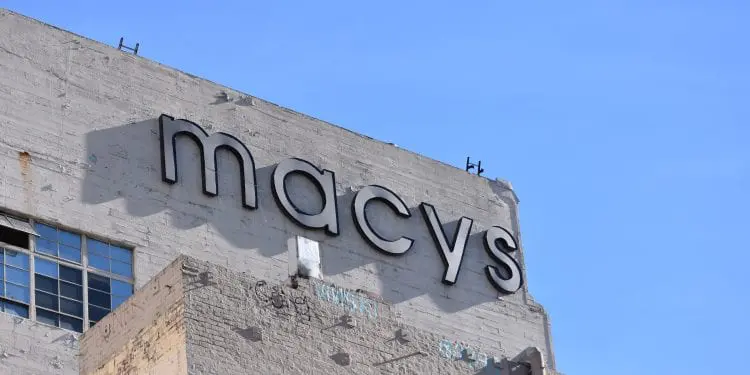
Macy’s sent a letter to its card users announcing an increase in the interest rate on its credit card to 34.49%, which appears to be a record high. Macy’s joins a group of other retailers now offering APRs over 30% on their store cards, including Petco, Good Sam, Michaels, and Exxon Mobil.
Store-only cards charge an average interest rate of 30.24%, according to figures compiled by Bankrate. By comparison, the average credit card interest rate is 21.19%, while the average retail credit card now charges an interest rate of 28.93%. That latter figure is also at an all-time high.
Two basic factors are causing rates to reach new heights. In addition to the Federal Reserve keeping interest rates high, retailers are seeking out sources of revenue to compensate for the Consumer Financial Protection Bureau’s push to lower late fees.
The average credit card late fee is $32, but the CFPB has proposed capping it at $8. A federal judge struck down the ruling in May, but the decision is still winding its way through the courts, and many still expect it to take effect.
Seeking Revenue Sources
Store credit cards rely on late fees more than bank-issued cards, so the Macy’s fee represents an attempt to make up for that potential drop in late fee revenue. Some analysts estimate that Macy’s has derived nearly half its total profits from its credit cards in recent years.
“The lofty fees are not really surprising, especially given the retail category,” said Ben Danner, Senior Analyst, Credit and Commercial at Javelin Strategy & Research. “With the CFPB legislation cutting late fee revenue, issuers are compensating. Also, the Fed continues to keep the rate steady, so we won’t see a decline in credit card interest rates until those decline.”
The Fed Funds rate is currently at 5.33%, the highest since early 2001, and the prime rate is at 8.5%. Despite the 35% rate that Macy’s is charging, Danner believes there’s still room for rates to grow higher.
“There are no federally regulated maximums on credit card interest rates,” he pointed out. “Rates will continue to increase until we see a lowering from the Fed.”